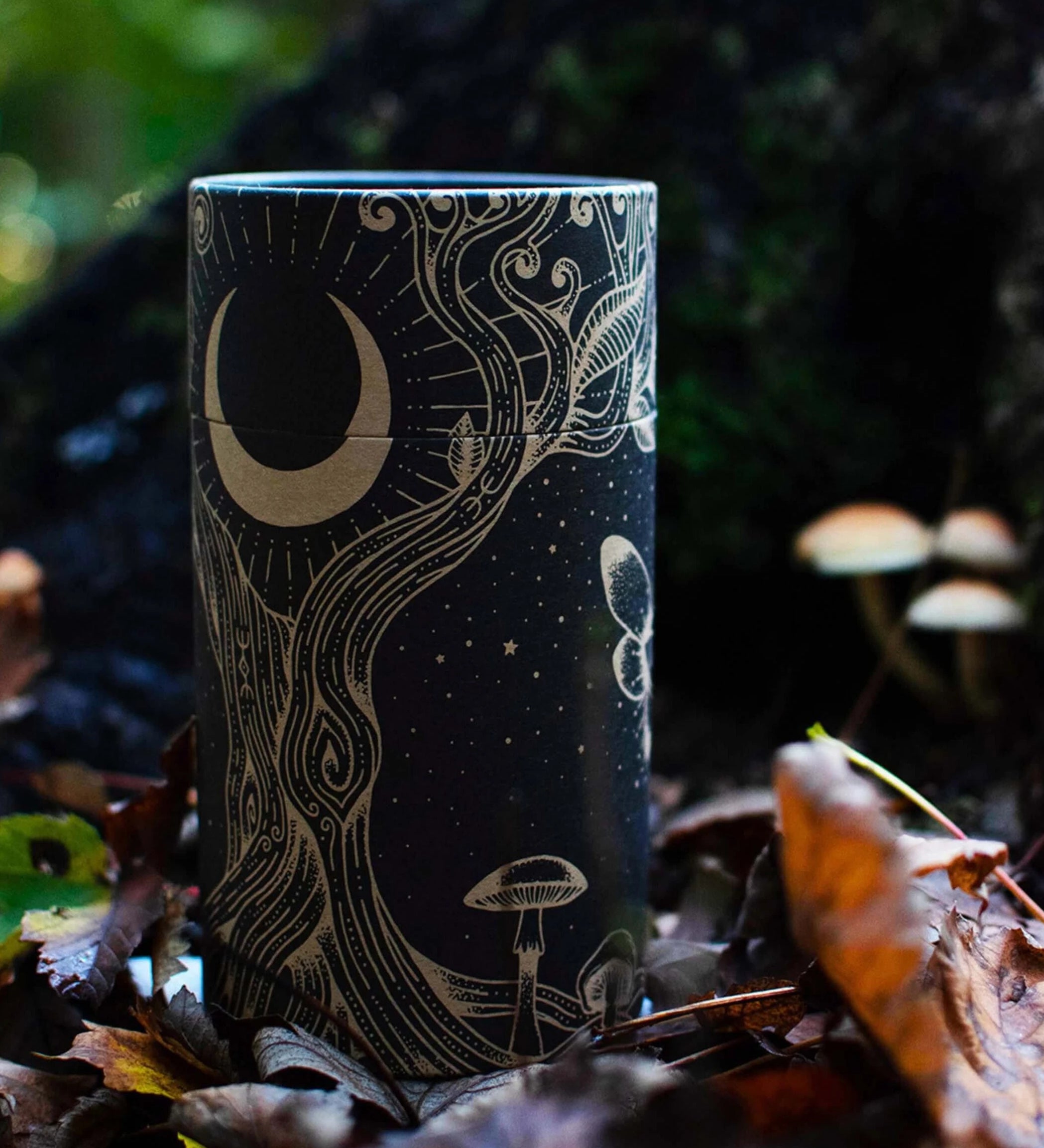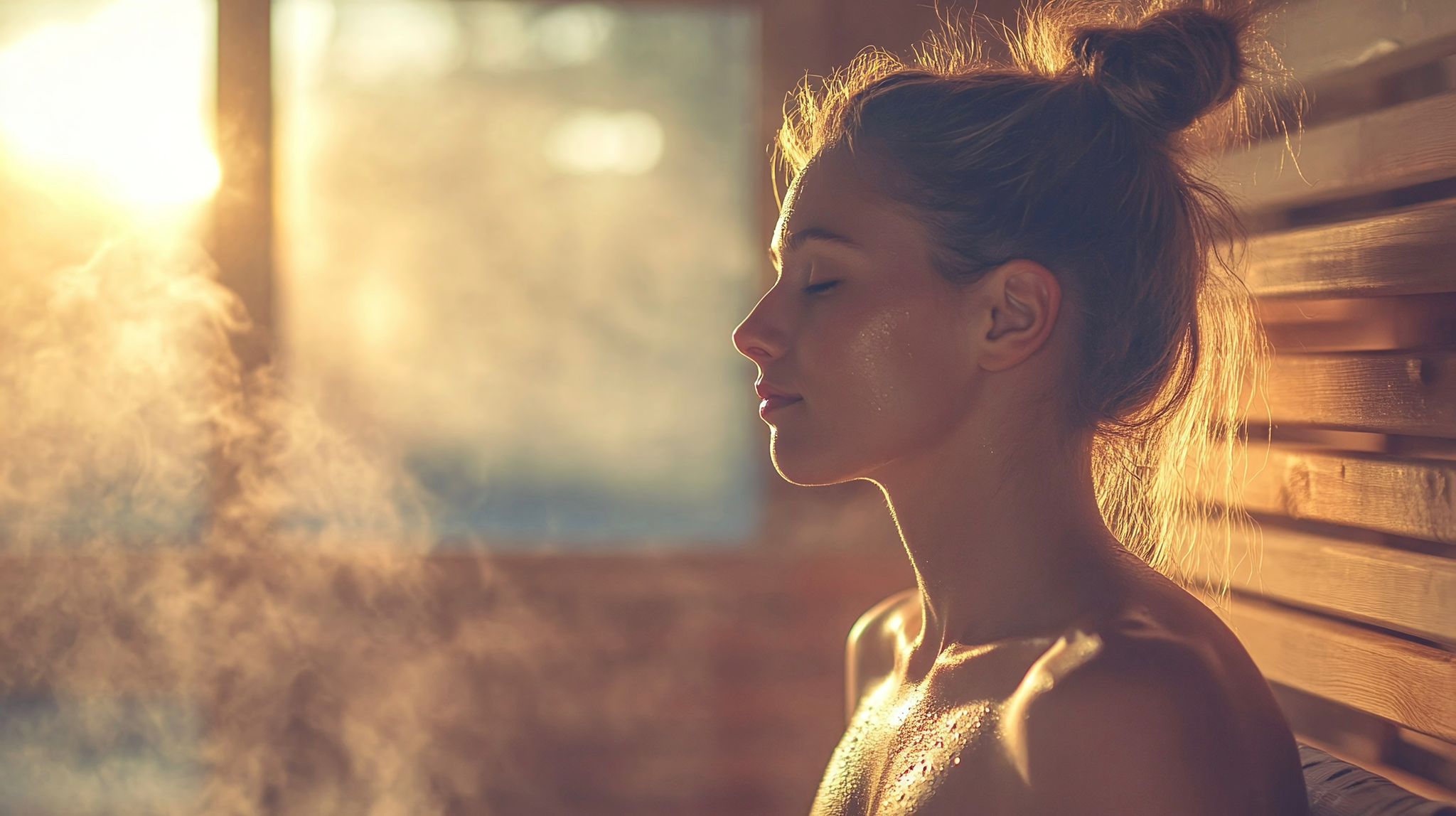Sleep better? 5 simple tips that many people don't know!

written by Jana Baltscheit
How long should you actually sleep?
“I only need 4-5 hours of sleep.” Ever heard of that?
Maybe you wave this statement off with a forced smile and at the same time feel a little provoked if you had a restless or short night, your sleep deprivation is obvious and someone throws such a statement at you in the morning (preferably Monday morning).
Understandable - it's the same for me. “How can he or she only sleep 4-5 hours and always be so fit? That doesn't work at all. I need 7-8 hours (if not significantly more).” – That’s what goes through my head, for example. Do you sometimes think something like that?
Well, we can shake hands and congratulate – because we were right.
Science proves: our skepticism is appropriate. Anyone who doesn't sleep enough (and still claims to be fit) is damaging themselves and their health. No matter how fit he/she may seem the next day.
Findings about sleep from brain research:
There are now exciting results from brain research: It has been shown that our brain depends on 7-8 hours of sleep. Although “short sleepers” are physically fit (supposedly), they do not utilize the full performance capacity of their brain. To put it simply: if you regularly book too few hours into your sleep account, you have less brain power.
Sounds nasty? Science should create facts, not bedtime stories!
In addition to the reduced performance of our brain, the usual symptoms of restless, sleepless or too short nights are no secret.
Common symptoms of lack of sleep:
-
fatigue,
-
lethargy & fatigue,
-
concentration problems,
-
coordination difficulties,
-
general listlessness,
-
low libido,
-
unbalanced hormone levels,
-
moodiness,
-
Headache,
-
skin problems,
-
poor wound healing,
-
generally poor regeneration,
-
cravings all day long,
- At this point we can expand the list together into a top 100: “Best of No Sleep Compilation” – it goes on almost endlessly.)
Essentially, we know that if something goes wrong, we often find the root of all evil in sleep - or rather, lack of sleep.
Sleep is important. Getting enough sleep is important.
If we drop something, if we react moodily, if a customer meeting is disastrous, if climbing stairs is difficult, we usually use these sayings in internal or external dialogue:
-
"I could not fall asleep."
-
“I had a restless night.”
-
“I kept waking up.”
-
“I didn’t sleep enough.”
-
“I really need to catch up on sleep!”
Do these statements sound familiar?
Lack of sleep is to blame, we get it.
It's okay every now and then. That is normal. That's human. If the bad nights become more frequent, you should change something. You also charge your smartphone when the battery is approaching 0. If you know that you need 100% power, you don't unplug it every two hours, but let it charge fully.
Imagine walking around every day with only 80% battery. Or worse, you charge irregularly and slip into energy saving mode unnoticed. Nobody wants this situation.
So what can you do to optimize your sleep with simple steps?
Sleep better: 5 tips you can quickly implement:
1. Avoid unnatural (cold) light in the evening
Maybe you've heard of the Kelvin value. Our body is based on the color temperature of sunlight. This means: the “colder/brighter” the environment, the sooner your body goes on alert. During the day this is intentional and good.

Unfortunately, the wrong light sources in screens and lamps simulate this effect at full strength even in the evening. If you have artificial light sources with the wrong “color temperature” running after sunset, this will harm your natural rhythm. You can't use that at all in the evening when you want to wind down! You are artificially kept awake. Falling asleep is delayed and the night becomes restless.
Adjusting the light sources to a sleep-promoting level
Lamps
Match the lighting in your living spaces to the intended use. In the bedroom, more of a “warmer” light. A cold one (very bright) in the study during the day. In the evening you can change this to “warm” light (if you use smart bulbs), otherwise try a dimmed lamp to start with.
When it comes to smart lights, you don’t need a 12-star premium product from Justusses or Magnolius, Phillus – anything like that. What I want to say: Smart lights in packs of 2 or 3 for 10-15€ at the big river trade, which definitely starts with an “A”, also do the trick. I've been using these things myself for years. You can automate them reliably and easily using apps.

Screens with night mode or blue light filter:
Install apps on your notebook, computer, smartphone, tablet and television if they do not have a blue light filter or night mode from the factory.
-
Set up the blue light filter (reducing the color temperature to a sunset-like level) in sync with the natural sunset.
- Otherwise, activate the blue light filter manually on all devices every evening
Note: Many devices now have a blue light filter integrated as standard. Just look in the settings or search for your device on the Internet.

Glasses:
Use blue light filter glasses. These are the ones with the orange lenses. Maybe you've seen it before. These filter out the “daylight component” from the light source for you. Many people initially find them stylish: for me they are impractical - the comfort is questionable - especially for people who already wear glasses. Plus, many people forget to put them on every evening. If you have no other choice, they are better than nothing. Personally, I use and recommend blue light filters in displays.

2. Reduce the temperature in the bedroom by at least 2-3°
Hormones play a big role in your daily rhythm. You've probably heard of melatonin before. Melatonin is an important hormone that the body obtains through food, dietary supplements, but also through its own production. For example, we release more of this in winter.
This also explains the first tip, among other things. The shorter days stimulate melatonin production because it gets out quicker.
At the same time, a cooler environment also stimulates melatonin production. So it's worth sleeping with the windows open or reducing the heating temperature for a more sound and deeper sleep. Advanced users turn off the heating in the bedroom completely. This not only protects the environment and your wallet, but will quickly have a positive effect on your dreams.
If you have any concerns or concerns: When we sleep, our body temperature automatically regulates itself downwards. So if you come into a cooler bedroom, your body is more ready to fall into the sleep phase. 16-17° is a good bedroom temperature.
Simple but effective!

3. A sensible diet also helps with sleep
The topic of nutrition runs like a common thread through all areas of life - and it's only logical. For this alone we could present optimization tips in wallpaper format.
So a quick overview:
-
Avoid fats in the evening. These are difficult to digest. This reduces the quality of sleep.
-
Avoid eating meals directly before going to sleep. Ideally (if necessary), eat a small “snack” as your last meal of the day at least 2-3 hours before going to bed. Otherwise, your stomach is still busy digesting. Even though you may fall asleep quickly, you will wake up just as quickly. This often leads to “restless” nights. Despite sleeping for several hours, you feel exhausted.
The last meal before bed should consist of carbohydrates and high-quality proteins. To put it simply, carbohydrates have a stress-reducing effect before bed. High-quality protein sources often contain tryptophan and glycine. These amino acids have been proven to have a positive impact on your sleep.
For example, use natural whey or goat protein .
4. Have a suitable evening routine to switch off
We often take everyday worries with us to bed. This especially happens when we drag ourselves seamlessly from everyday life into the bedroom and fall into bed defeated. The thoughts catch up with you and the constant turning and checking the clock.
Your evening routine is up to you. The main thing is something that shifts your focus and allows you to calm down. Stay away from inflammatory topics. Close your email browser after 9 p.m. Turn off the news (preferably always anyway). Leave social media aside.

The every evening cup of cocoa, the yoga routine, 30 minutes in the Lykaia blog (wink, wink) (but also only with a blue light filter from 8 p.m.). These are all good measures to remove yourself from the day's events.
My favorite routine is to sip a cup of forest cocoa in the evening while reading books. Of course in adapted, “warm” light. Forest cocoa contains not only glycine , but also ashwagandha .
You can find out more about this here .

5. Avoid caffeine-rich drinks in the morning and especially in the evening
Caffeine reduction and caffeine timing (there are supposed to be people who can do this)
Even if obvious, often neglected. The half-life of 4-5 hours for caffeine in the body is a guideline. At the same time, it can take up to 20 hours for caffeine to be completely broken down in the body. Depending on the daily dose consumed, a (further) cup of coffee at lunchtime has far-reaching consequences. So if you drink liters of coffee during work, during lunch breaks, in your free time and while drinking coffee, it becomes problematic.

Depending on how you react to caffeine and how much you consume overall, that last cup of coffee at 2 p.m. can still sabotage your attempt to fall asleep at 10 p.m. Experience shows that most people who avoid caffeine after 12 p.m. have irrelevant amounts of caffeine in their bodies at bedtime around 10/11 p.m.
You have to test how this works best for you. I know people who, if they have a cup of coffee or tea after 10:00 a.m., won't be able to sleep until 11:00 p.m.! Try to consistently move your last caffeine-rich drink (whether coffee, energy drink, training booster, green or black tea) forward by an hour each day. If you suddenly find it easier to fall asleep, you know why.
Caffeine alternatives for better sleep
An alternative that is now becoming increasingly popular is avoiding caffeine. For example, more and more people are turning to functional mushrooms such as Lion's Mane or Chaga. Although these have similar, revitalizing effects as coffee, they do not contain caffeine.
Are you looking for a suitable caffeine alternative? Try our forest coffee or the chaga elixir .
You can read more about Chaga or Lion's Mane here.

Do you have a sleep routine? Share these with us. Do you want more about sleep or do you have problems falling into dreamland?
Feel free to share your experiences and challenges with us.
We look forward to your messages!
Your Lykaia team
0 comments








